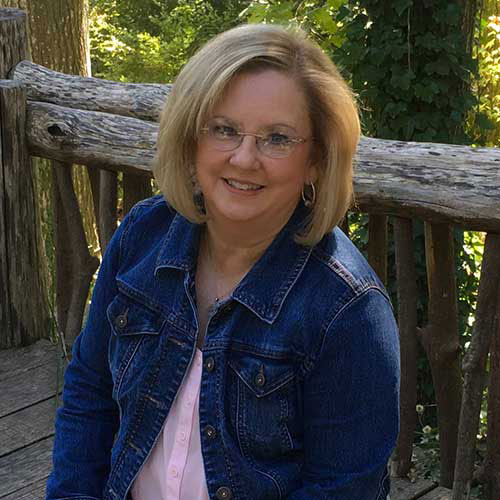Achieving “Parenting Flow”
This content revised by Dr. Kimberly Thompson is a version of a post that was originally published on her website’s blog.
Attention and concentration are important issues when your kids are growing up—and I’m not talking about theirs. Perhaps the biggest challenge I faced while raising four children was the constant interruption to my thought processes. I am capable of intense concentration, to the point that I can become oblivious to everything but what is before me. Occasionally I would be startled out of intense focus by my husband bellowing, “WILL you answer that child!” at which point I realized one of my kids had been repeatedly asking me something. When he was not available, I was very conscious of my responsibility to not allow myself to get so deeply into a project that I could not instantly switch my focus, especially when my children were small.
When we are efficiently concentrating our attention on a meaningful goal, we achieve flow.* Flow is that marvelous experience when time and self-consciousness are suspended, and we have a sense of becoming one with what we are seeking to achieve. Let’s explore the eight major components of flow, and how you can adjust your approach so that you achieve flow in your day-to-day life as a parent.
1. Flow happens when you are working on a goal that you believe is possible to conquer. The one thing that is always up to you is how your child experiences you as a parent. How do you want your child to experience you? Your answer to this question will impact every aspect of your lives together, at every stage of your child’s development. Your answer may evolve over time, but if you want to get into parenting flow, you will set clear and achievable goals for this.
2. Flow happens when you can concentrate on the task at hand. A major obstacle for achieving your parenting goals is drama in other parts of your life. Instability in your marriage or life relationship, financial problems, and extended family conflict are going to drain your concentration away from parenting, so resolving this kind of issue directly relates to your job as a parent.
Try filling out this sentence: Today I want my child(ren) to experience me as: ______________________. Then post it somewhere prominent—on your bathroom mirror, on your refrigerator door, on your computer, or on your phone. Spend at least a moment each morning resetting your intention to present yourself to your child in a way that lines up with your goals.
3. Flow happens when it is clear what you are working toward. Become very clear about your parenting goals and what you intend to do today to achieve them. Write down everything that occurs to you. Clarify, and you are closer to stepping into flow.
4. Flow happens when you devise a plan that includes immediate feedback. When you are setting your intentions about the parent you want your children to experience, build in some way for you to know you are hitting the mark. Feedback helps you adjust your behavior in service of your larger goals.
5. Flow happens when you are deeply involved with the task to the point that you lose awareness of other concerns and worries. This is a crucial component of flow, and one of the most difficult to achieve as a parent. A best practice is to set aside a time and place to handle the busywork of life, including phone calls and texts. Keeping a running to-do list helps make the most of the limited time that you have set aside. You can contain a lot of the routine distractions, although you will always have interruptions.
If you have a problem with worry, set aside an hour a day for it. Worry dissipates mental energy and therefore decimates your ability to pay attention. Knowing that you have reserved an hour of your day for worry will help you say “no, this is not my worry time” when you want to devote your attention to your kids.
6. Flow happens when you have a sense of control over your own actions. When you feel out of control, how can you move toward your goals? Flow depends upon your firm belief that you always have a choice: to allow your attention to wander, or to focus on the purposes that you have chosen; to present yourself to your children in a manner consistent with your goals, or to get off-track.
7. Flow happens when your self-consciousness dissipates in favor of the challenge before you. What are you self-conscious about? Self-consciousness always drains mental energy away from the challenge you are facing. A self-conscious person always reserves some of her attention for herself. Achieving flow in parenting means that you let go of your self-consciousness and fully immerse yourself in the challenge.
8. Flow happens when your awareness of time fades into the background. There are just some things that most of us are counting the seconds until it’s over. In these situations, let go of the time issue and embrace each aspect of the experience, and you will get into flow. Find some way of immersing yourself even in routine and boring experiences … remembering how you want your child to experience you as a parent.
Finally, experiencing flow depends on maintaining mental flexibility. Sometimes you need to attend to how you are feeling in your body and your spirit. At other times you need to soak up every detail of your surroundings. Make mental regrouping a habit that you practice several times a day. As your inner and outer awareness increase, so do your chances for stepping into flow.
*The discussion of flow and all principles related to it is taken from the following work: Csikszentmihalyi, M. (1990). Flow: The Psychology of Optimal Experience. New York: HarperCollins.

